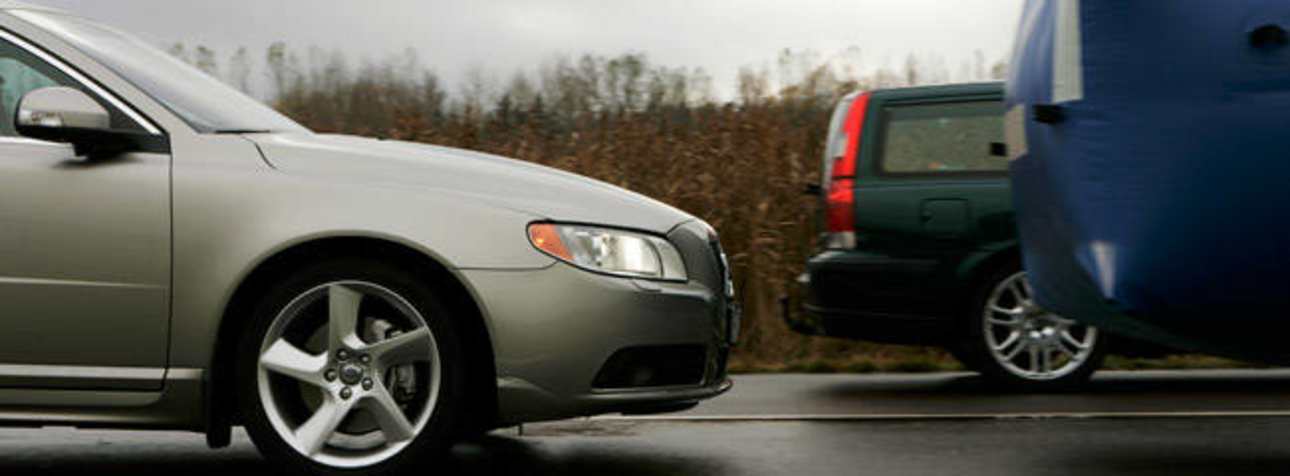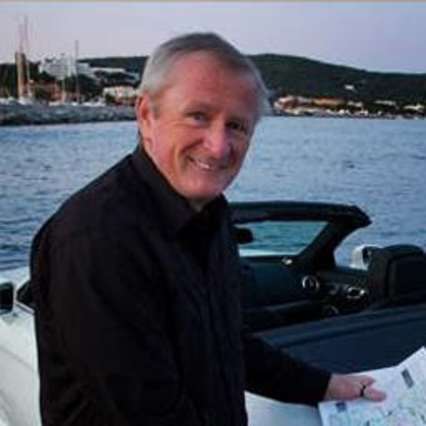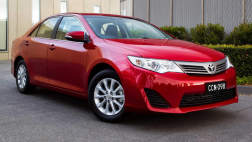It sounds like nothing more than a beautiful dream, but it is one dream that Volvo plans to make a reality by 2020. All of its safety development work is now focussed on cars that help their drivers avoid collisions, but also minimising the potential for danger if a crash cannot be avoided.
That means cars that keep their drivers from falling asleep, cars that do emergency braking automatically, cars that pre-prepare the cabin for an impact, and cars that even call for help after an impact.
Much of the work is already done — the classy new XC60 SUV is loaded with city safety and lane departure warnings and blind spot indicators and much more — but Volvo made its name on safety and no-one is taking things easy. "Our company was founded on human values ... and we have put these into action.
Now we step into the future with the conscience to design environmentally-adapted vehicles. We have the character to set the standard," says Steve Armstrong, chief operating officer of Volvo Cars in Sweden.
He is speaking at an intensive one-day safety forum designed to bring the world's journalists up to speed on Volvo's latest work. It covers everything from electric cars and child safety to the need for governments to do better work on road design and infrastructure improvements. "The target is zero. On safety and the environment. We are working to design cars that don't crash. Our environmental target is zero emissions and zero impact," says Armstrong.
It's an impressive goal, but Volvo is racing Mercedes-Benz and Renault and the rest on the safety front and making good moves that should benefit everyone who travels by automobile. "Why should you be allowed to risk your life and limbs just because you transport yourself?," asks Thomas Broberg, who is head of safety at Volvo.
His latest work is on cars that brake automatically when they sense a person ahead of the vehicle. "Safety is all about knowledge. We address an issue we see in the real world," he says. "We've managed to reduce the risk of injury in a Volvo by more than 50 per cent since the 1970s, more like 60 per cent. But we haven't finished yet.""Our job is to invent technologies. We have structured our work according to a holistic view, with a timeline where the crash is the major event."



.jpg)



.jpg)

.jpg)
.jpg)
.jpg)

.jpg)














.jpg)

Comments